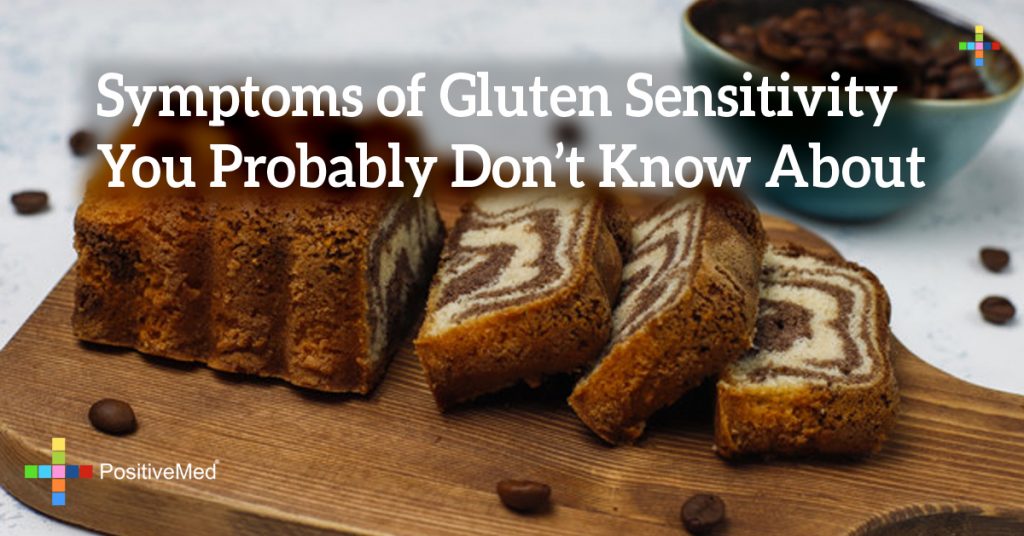
Symptoms of Gluten Sensitivity You Probably Don’t Know About
Gluten intolerance is a relatively new scientific phenomenon affecting thousands of people worldwide. While the affects of gluten intolerance are not new, scientific research pertaining to them has only become available in recent years. What we can immediately establish is that gluten intolerance is a wide area of study that includes both non-celiac gluten sensitivity and Celiac Disease.
The basic premise of gluten intolerance has always focused on the logical conclusion that gluten is the main variable in the equation. Modern practice has suggested that if you eliminate gluten, you will eliminate the issues surrounding the intolerance. What newer studies have found, however, is that this assumption may not be as accurate as everyone originally thought.
After years of championing gluten free diets as a full proof method of treatment, what doctors are now finding is that gluten may only be a partly responsible for the symptoms produced by gluten sensitivity and Celiac Disease. A group of poorly digested carbohydrates called FODMAPS are now thought to be the cause of the symptoms instead of gluten. The catch is that gluten-rich grains such as wheat, barley, and rye are all extremely high in FODMAPS.
When breaking down the categories involving gluten deficiency there are three defining categories: gluten intolerance, gluten sensitivity, and Celiac Disease. Scientists have gone to great lengths in recent studies to show that gluten sensitivity is an actual condition distinct and different from Celiac Disease, while gluten intolerance is a broad definition that encompasses both conditions.
Below we have broken down each of the conditions along with their defining symptoms to better highlight the differences between the disorders.
Gluten Intolerance – Includes the entire category of gluten related issues such as celiac disease, non-celiac gluten sensitivity, and wheat allergy.
Symptoms:
Gluten Sensitivity – Defined by gastro-intestinal responses to gluten that do not involve intestinal tissue damage.
Symptoms:
• Digestive Issues – These can include diarrhea, bloating, constipation, and gas. These symptoms overlap with celiac disease but are unlikely to be causing intestinal damage in cases involving gluten sensitivity.
• Brain Fog – A substance contained in gluten called gluteomorphine exhibits similar properties to medical morphine and can cause people to have brain fog, or reduced mental awareness.
• Rashes – Sometimes these skin conditions occur as outward warnings signs of internal inflammation.
Celiac Disease – An inherited autoimmune disorder that affects the digestive processes of the small intestine.
Symptoms:
• Digestive Issues – These can include diarrhea, bloating, constipation, and gas. Unlike gluten sensitivity, these symptoms in Celiac Disease may indicate damage associated to the small intestine.
• Aphthous Ulcers – Open sores located in the mouth.
• Muscle and Skeletal Issues – These can include muscle cramps and joint or bone pain.
While it is important to note that gluten sensitivity and Celiac Disease are distinctly separate conditions, often times their symptoms can overlap. It is important to see a doctor immediately if you experience any of the symptoms associated with these disorders.





